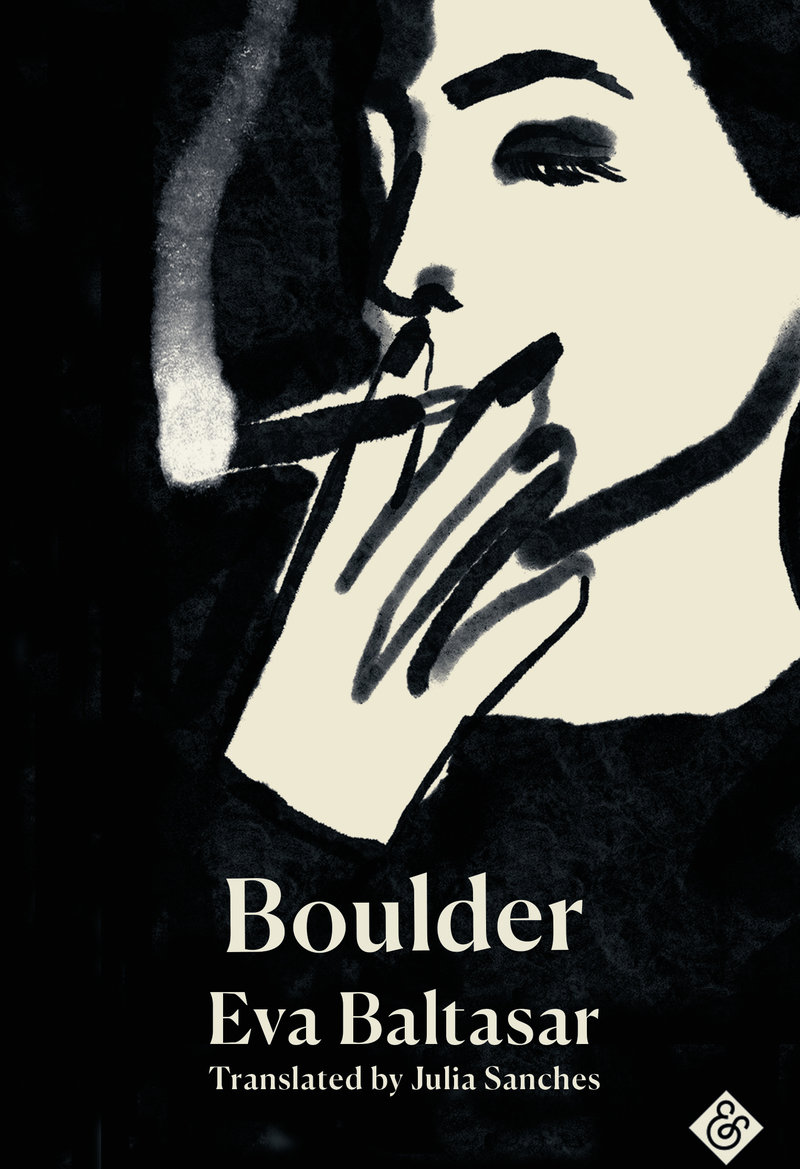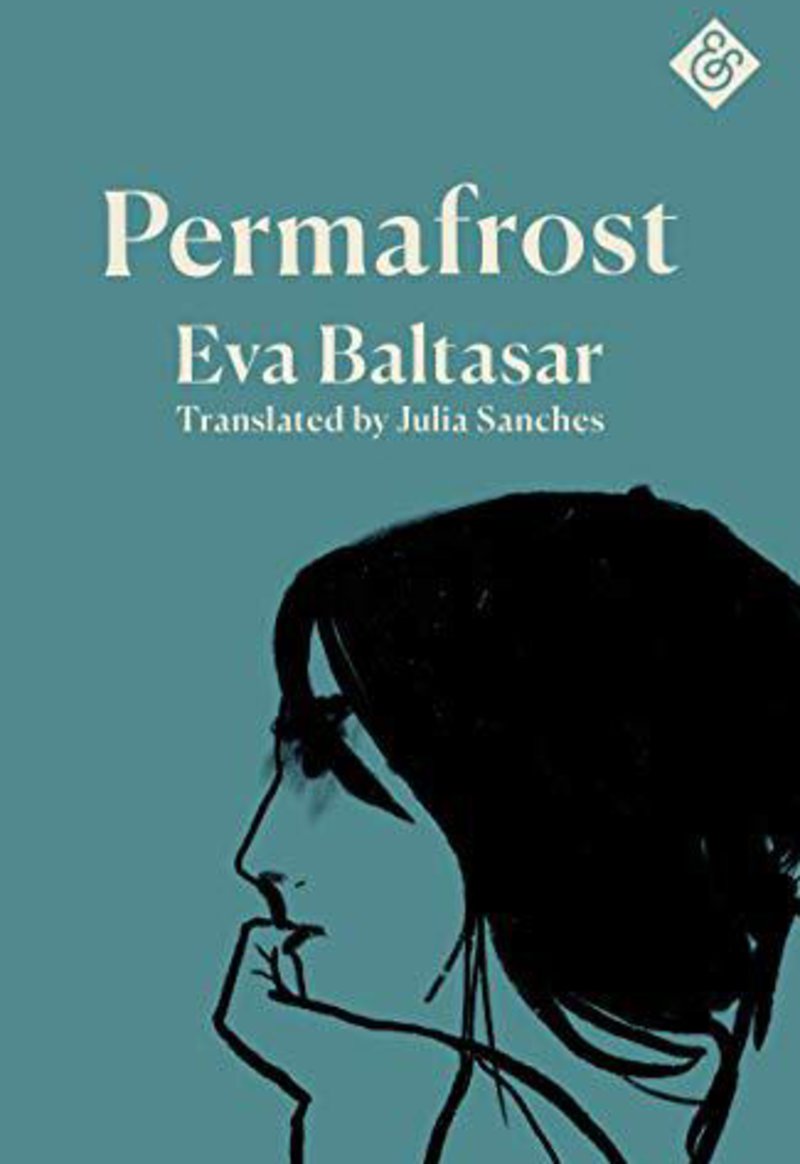No medication
Permafrost is the story of a young woman who refuses to take medication. Her mother takes it, her father takes it, her sister takes it. “Not for me, though – best to keep moving wildly to the edge…” (p.16). There on the edge, on the margins, life is tougher and the narrator has “room to live”
It is a study of two egos that clash: both set on their own desires, for motherhood and for freedom
Permafrost is the story of a suicidal lesbian who loves sex and reading, permafrozen out from her family. Frozen, but constantly in motion. Her family thinks she thinks she’s better than everyone. Her family know she’s clever, but she goes through university and tries not to get a job. Her mother guilt-trips her: we couldn’t go on holiday to Switzerland because we had to pay your college fees. She just reads, thinks about killing herself and has a lot of sex with women she meets.
Permafrost is a story about bodies. Roxanne’s “muscles were perfect, thrumming and covered in supple, impeccable skin” (p.75). Another lover is Veronika. “My entire body is a stick of hot, dense chewing gum tailored to her every cavity…” (p.59). She writes “my clitoris”… “my cunt,” also known as “my unrepentant thinker”. Baltasar is, asyou can see, very explicit. The book’s full of bodies and sex. Bodies are not only about sex. She has moles and obsesses they may mean cancer.
Permafrost is about suicide. She thinks about it seriously and practically. She worries that birds might peck out her eyes if she jumps off the roof and no-one finds her body quickly enough. She hates the way everyone rushes around with cardiac massages and oxygen tanks, stuffing suicides full of medication. Why the hell can’t suicides be allowed to just get on with it?
Permafrost overflows with great imagery, often gross, with toilets, greasy skin, dirty baths, sticky masturbation. Baltasar enjoys several what I’d call ‘inside-out images’, where a phrase sounds so wrong it stops you short. Here’s one: “I made myself some fresh orange juice and washed it down with pills. I smile without crying” (p.121 ). She washed juice down with pills? Baltasar uses these unfamiliar images to arrest the reader and often to reveal the narrator’s contradictions.
Carnal
There is over-writing, too, when the author strains for effect. For example, this on the narrator’s sister and brother-in-law: “Sometimes it feels possible to do as they do, to live bloodlessly and gallop toward the yellow evening horizon, like a dead man tied to a stake” (p.119). It sounds poetic, but I haven’t a clue what she’s talking about.
The translator Julia Sanches has a long, interesting, rambling Afterword, in which she poses translation problems. She worries quite rightly about ‘cunt’, so much stronger and more taboo than ‘cony’. The problem is not easily resolvable, but Baltasar’s language is so carnal and direct that Sanches’ use of ‘cunt’ must be the right option. She also highlights the musicality of Baltasar’s prose and laments the impossibility of repeating this in the English version. She does no bad job. My own translator quibbles are that she should get rid of the Catalan: ‘Clàudia’ should be an unaccented ‘Claudia; ‘La mona de Pascua’, Easter egg. Make the translation fully, fully English.
Permafrost is a short novel with a lot packed into it. Relationships are dealt with deeply in a couple of pages. The narrator is bruised, disturbed and honest. Read through to the end, where on the last page there is a shock twist to the story of this permafrozen suicidal lesbian. The narrator’s story is painful, but she can unfreeze. She doesn’t take any medication. She doesn’t need any medication.
book review
Fabulous freedom
Eva Baltasar loves extremes. This novel is set in two places: the frozen south of Chile, close to Antarctica, and then Iceland, not so far from the North Pole
This is a conventional love story. A ship’s cook falls in love with a beautiful woman, Samsa. They move in together. Samsa wants a baby, but the former cook (she’s left her job for love) doesn’t. She goes along with Samsa’s desire. When the baby comes, Samsa’s desire becomes baby-obsession. The former cook falls out of love.
Boulder is also an unconventional, trail-blazing exploration of the conflict between love and freedom. The former cook, nicknamed Boulder by Samsa, is caught in a lie. She knows that having a baby will change their lives totally. But she says “Let’s do it” because she does not want to lose Samsa. It is a study of two egos that clash: both set on their own desires, for motherhood and for freedom.
Long nervous breakdown
When Samsa’s baby-obsession interrupts their love and their sex, Boulder (the narrator) takes to hanging out with Ragnar, a bearded old, sexist, sociable guy drinking himself to death. Baltasar has Boulder staring at women’s breasts and asses just as Ragnar does. While, like Permafrost, Boulder is a novel about lesbians, excluded from the mainstream of society, Baltasar also suggests that an empty, broken heart is only salved by drink, the easy peace of conversation or silence with a friend, and staring at bodies. It’s conventional, sexist behaviour: out boozing while the mother indoors cares for the baby.
The ferocious story charts Boulder’s long nervous breakdown. “I’ve started taking sedatives with my morning coffee, and they make me feel distant” (p.95). She drowns out the pain by freezing her emotions, finding a casual lover, meeting up with Ragnar. She goes back to sea.
Boulder is a sad and painful novel. It is beautifully written and intensely felt. The opening pages are sparse, the narrator’s isolation reflected in the frozen South. Her jobs never last long: she is the problem, a boss tells her, not the food she cooks. Leaving, she boards a ship in the pouring rain. In the hold, with rough men and women, the bottle is passed round. “I take it and drink. I love this place, these narrow black eyes that neither desire me nor reject me, this fabulous freedom” (p.10).
Uncomfortable in society
Permagel became a publishing sensation in 2018, with over 50,000 copies sold in Catalan and several translations. Eva Baltasar (born 1978 in Barcelona) already had a substantial reputation as a poet, with ten books of poetry and three major prizes, including the Gabriel Ferrater in 2015. Permagel won the 2018 Premi Llibreter (Booksellers’ Prize). Her second novel Boulder (the title in Catalan as well as English) followed in 2020. Earlier this year, Mamut closed a trilogy of novels narrated by women. Baltasar explained in an interview with the magazine Pikara: “The three women speak from discomfort. They are very marginal. They live in society, but step along its limits because they feel uncomfortable in it.” Eva Baltasar’s three women experience sex, maternity and living on the edge with lucidity. Readers experience Baltasar’s pace, intensity and dramatic imagery.






